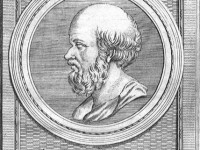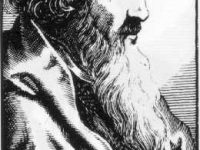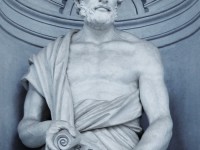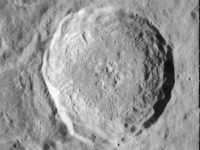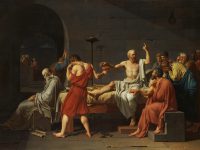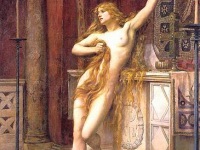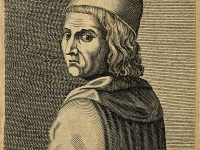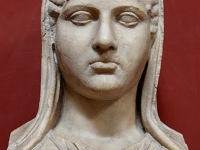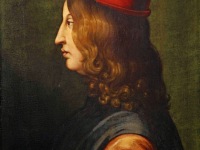Eratosthenes and the Circumference of the Earth
Eratosthenes of Cyrene was a Greek mathematician, geographer, poet, astronomer, and music theorist. He was a man of learning, becoming the chief librarian at the Library of Alexandria. He invented the discipline of geography, including the terminology used today. He is best known for being the first person to calculate the circumference of the Earth. “Eratosthenes of Cyrene, employing mathematical theories and geometrical methods, discovered from the course of the sun the…
Read more

